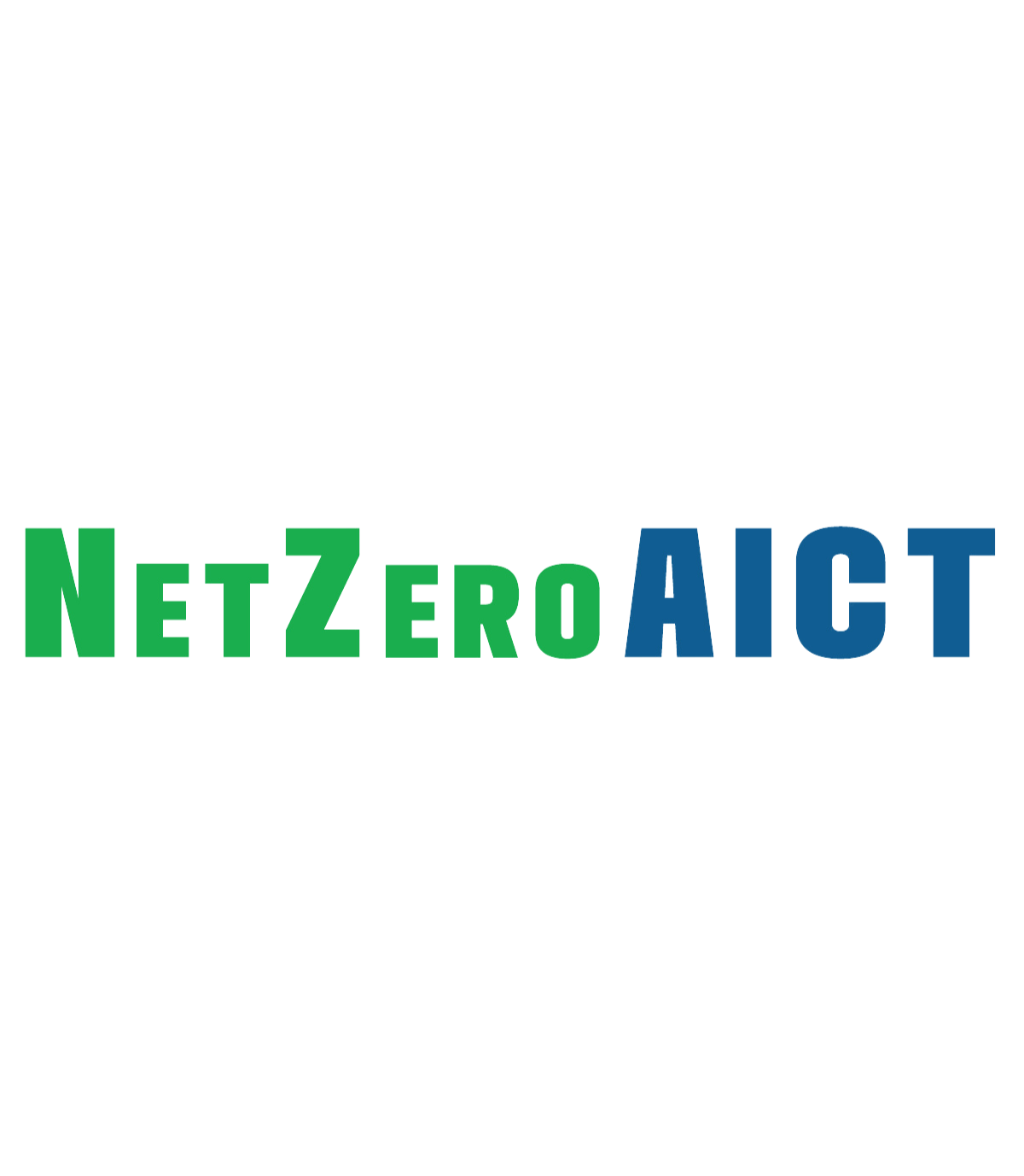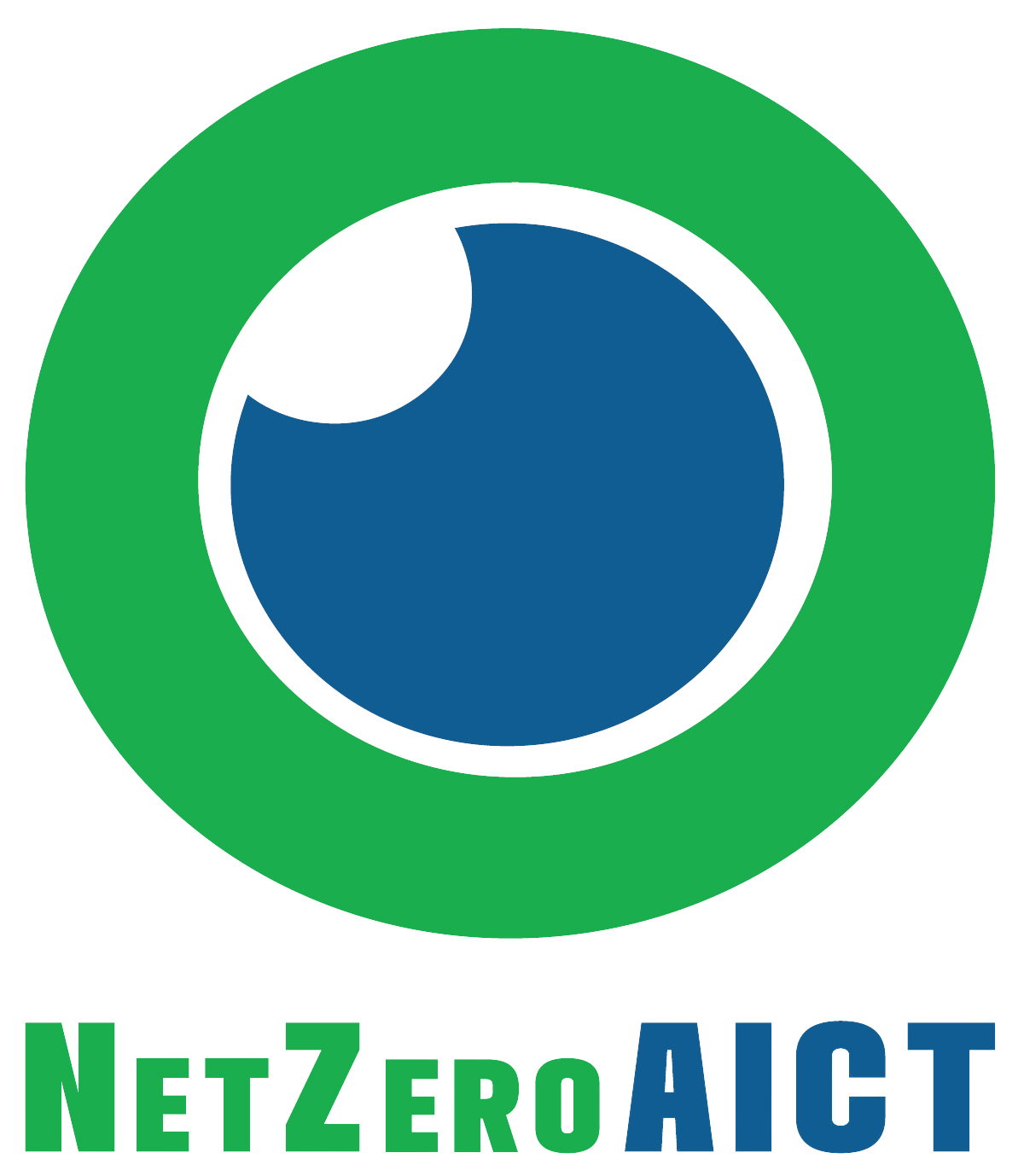Start of the new Horizon Europe project – NetZero AICT

Towards Climate Neutral and Sustainable Healthcare: NetZeroAICT
BETTHERA joins European consortium to develop ‘Digital Contrast’ for Computerised Tomography
European Union (EU) Horizon Europe and UK Research Innovation co-funded NetZeroAICT Consortium (total €6M award) is set to further advance a disruptive solution that will reduce the environmental footprint of computerised tomography (CT) imaging and ease of the global reliance on iodinated radiocontrast media (RCM). Coordinated by Collective Minds Radiology and Scientifically led by University of Oxford, twenty consortium members will develop state-of-the-art trustworthy artificial intelligence (AI) to optimise ‘CT Digital Contrast’ and revolutionise the radiology service pathway.

CT scan is one of the most common medical imaging performed in healthcare, withover 300 million CT scans performed globally each year. The average carbon footprint for CT scan is ~9Kg per scan due to single-use consumables (needle, dressings, packaging) and additional energy consumption. Around 60% of CT scans (180million / year globally) require the injection of iodinated RCM. Iodinated RCM is not absorbed by the body but excreted with urine, forming a major pharmaceutical waste released into sewage water and affects downstream environmental biodiversity.
Professor Regent Lee is a Surgeon Scientist Entrepreneur at University of Oxford and the Scientific Coordinator of the NetZeroAICT Consortium. He led a team at University of Oxford to develop the pioneering method of CT Digital Contrast and established an International Consortium (AICT) to advance research and development of this technology. CT Digital Contrast can benefit patients by avoiding needling and injection of contrasting agents, reduction of radiation exposure and related complications. At the same time this can increase the throughput of radiology service, reducing waiting times for CT scans. The NetZeroAICT Consortium is an expanded transdisciplinary network with broad expertise in healthcare, academia and industry.
The NetZeroAICT Consortium is an expanded transdisciplinary network with broad expertise in healthcare, academia and industry. According to Regent Lee:
“The combined NetZeroAICT Consortium expertise will enable us to develop and deploy trustworthy ‘green’ AI software as medical device with the ultimate goal to reduce the environmental footprint from CT imaging. European patients will have access to safer, faster, equitable and sustainable healthcare delivery while the healthcare systems strengthen their alignment with the European Green Deal. This is a new era of translational research. In addition to improving patients’ health, our aspiration is to improve planetary health for future generations.”
The first step towards delivering the NetZeroAICT solution is the development of a robust CT image repository. This unprecedented repository, consisting of 1 million cases (~500 million images), will be extensively curated and accurately classified so that they are ‘research ready’, searchable and accessible. The repository will contain data from more than 10 hospital groups from countries around the world (France, Greece, Poland, Belgium, England, Scotland, Australia, Brazil).
Project Coordinator, Anders Nordell (CEO of Collective Minds Radiology), further emphasised that: “There is almost unlimited expertise and data in healthcare. The problem is that it is locked into silos. In order to advance care, more collaboration is needed. The NetZeroAICT project will break these barriers and set a new standard with the ‘cleanest’ data for AI research in CT imaging. We have developed privacy preserving technology and international legal frameworks which enables international health data sharing, highly secure and compliant with privacy regulations, such as GDPR.”
[Petra Maresova, CEO of Betthera] said:
“Betthera is focusing on health economics, regulatory affairs, and social impact assessment. The main activity in the project is centered on implementing legal, ethical, and sustainable frameworks that promote the trustworthiness of NetZeroAICT, as well as validating trustworthy NetZeroAICT products through engaging stakeholders. Betthera will cooperate in the development of an innovative business model for NetZeroAICT, Health Technology Assessment, and regulatory strategy.”
*The NetZeroAICT Consortium will be working collaboratively with patients, the public and professionals throughout. Please get in contact with the team at your location if you would like to get involved or email hello@netzeroaict.eu if you would like to get involved.*
About NetZeroAICT
| The NetZeroAICT – Computerised Tomography (CT) scan is one of the most common medical imaging performed in healthcare. Each year, 300 million CT scans are performed globally. Of which, around 180M include use of radiocontrast media (RCM). Contrast Enhanced CTs (CECT) create a significant environmental impact, namely: 42,000 tonnes of single use packaging, 900 Tonnes of surgical steel (needles), 90,000 tonnes of plastic tubing and 150,000,000 kWh in energy consumption. These generate on average 9.2 kg of CO2/ scan. In addition, CECTs generate 200,000 tonnes of iodine contamination in water/yr. This is a recognised form of ‘pharmaceutical pollution’. CECTs may also harm patients: needle insertion, toxicity of iodinated RCMs to kidneys (potentially kidney failure) and allergic reactions, which in some cases can be life-threatening. Healthcare systems are responsible for the 4.4% CO2 global emissions (2 Giga tonnes/yr). Of this, ~3 Mega tonnes/yr are generated from CECTs. The EU has declared its NetZero targets of by 2050 through the European Green Deal. We showed feasibility that artificial intelligence (AI, deep learning methods) can extract high level information from non-contrast CT scans and synthesise contrast ‘digitally’. This avoids the need to administer RCM for CECTs. We seek to develop and validate 5 uses cases of CT ’Digital Contrast’ during this Horizon award. By implementing ‘Digital Contrast’ for scans globally, we aim to reduce 30% of the CO2e and iodine RCM waste generated from CECTs by 2033. NetZeroAICT has a grand vision to define a reference framework for scalable development of AI health tools for a future of sustainable health systems. This builds on the prior efforts of AICT consortium, which was established to make CT imaging safer, more efficient, more equitable and more sustainable. NetZeroAICT will accelerate the EU’s trajectory towards NetZero and advance EU’s globally recognized leadership position on Healthcare sustainability.This project has received funding from the European Union’s Horizon Europe Research and Innovation programm under grant agreement No 101136679, project NetZeroAICT. The project website is under preparation (www.netzeroaict.eu). Project duration: 1 December 2023 – 30 November 2027. |